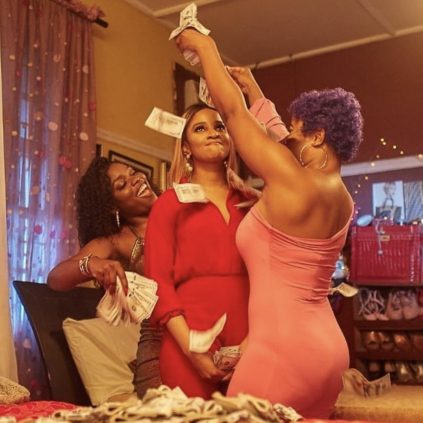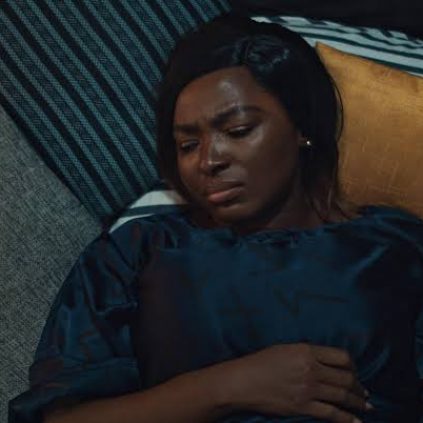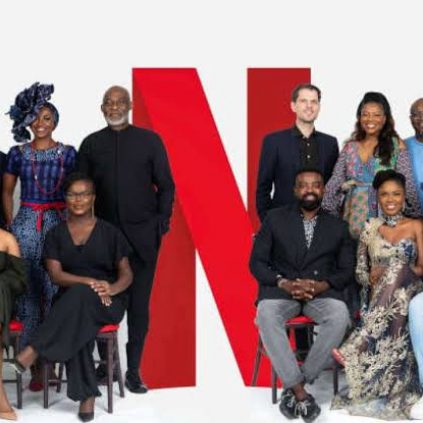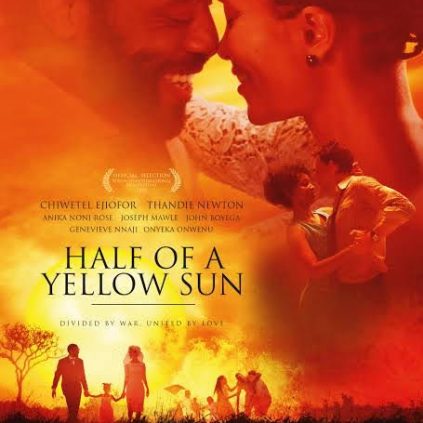There has been a shift or a new trend in film industries all over the world with the influx of remakes and reboots that have debuted in cinemas in the past few years. The disconnect between Nollywood filmmakers and their audience is even more palpable now with their adherence to the worldwide phenomenon.
How do you make a sequel to a bad film? What are the prerequisites for making a sequel? Are remakes essential for every classic movie? Are they making the proper films?–Every cinephile or cinema-goer has had this question over the last few years.
Could this trend be necessitated by demands for these kinds of films from the audience or the catchy revenues generated by the previous instalment? For Nollywood, it is mostly the latter.
While sequels and reboots may be a necessary evil to cater to a demanding audience, churning out needless sequels and remakes may not appear as detrimental as it really is. Can one say there is a demand for remakes/sequels in Nollywood?
When big Nollywood studio “Play Network” went on a rampage of churning out remakes and reboots, the excitement from the audience was wild. this was such a fructuous task for the company, they raked in millions at the cinemas.
The studio has recorded a few successes ever since, but these ideas now seem monotonous and implausible. Its rapidly declining audience has had their fill now and taken a back seat.
While not saying sequels, remakes, or film franchises are inherently faulty: sequels rarely emulate the goodness of the original movie. Filmmakers mostly see it as a quick cash grab, and quality is often treated as a second thought.
The success of “The Wedding Party” led Ebony Life to release a needless sequel. Regardless of its defects, they raked in figures more than the previous instalment. At least, the Wedding Party was a bit entertaining; Toyin Abraham’s Fate of Alakada, another perfect example, was pallid and irksome.
In actuality, not all sequels and remakes are terrible; if done right, they could even be better and more fructuous than the former. But how should filmmakers determine the movie that gets a sequel?
There is clearly no rule to decide which movie gets a sequel or a remake: A filmmaker’s intention for a particular film project could change as a result of new and varying developments such as success at the box office, high demand for the film or even a cult following. This progression fosters new ideas for the filmmakers: once this idea takes off, it will take a strong-willed person not to act on these ideas or impulses.
Traditionally, when a critically successful film ends on a cliffhanger, it is expected to proceed with a sequel or prequel. What determines if a movie will be remade is the commercial value of the previous instalment, the filmmaker’s intention, and the funding for the project.
In retrospect, the influx of films now being produced in Nollywood has gradually elevated the quality of filmmaking: cinematography, sound, art direction, and some other ingredients of making a good film are less of a hassle for emerging filmmakers, and even the oldies are catching up to the technological advancements in Film today. Yet, a good screenplay or story is almost non-existent.
Filmmakers, compelled by the numbers their films garner in the cinema; create successive films to accumulate figures at the cinema. These films, though lacking in quality, enjoy the glory of the previous films.
Original ideas and content are, by far, becoming extinct. While there is no monopoly on film creation and filmmakers are allowed to produce whatever they deem fit, the audience, which is the consumer, needs to be paid keen attention. Another method to correct this defect is to hire screenwriters with new and existing ideas to cater for its demanding audience.







![image0[560] image0[560]](https://txtmag.com/wp-content/uploads/elementor/thumbs/image0560-p8ub9w264843dyxai1d1tju1f9382k821dt5yvyona.jpeg)





